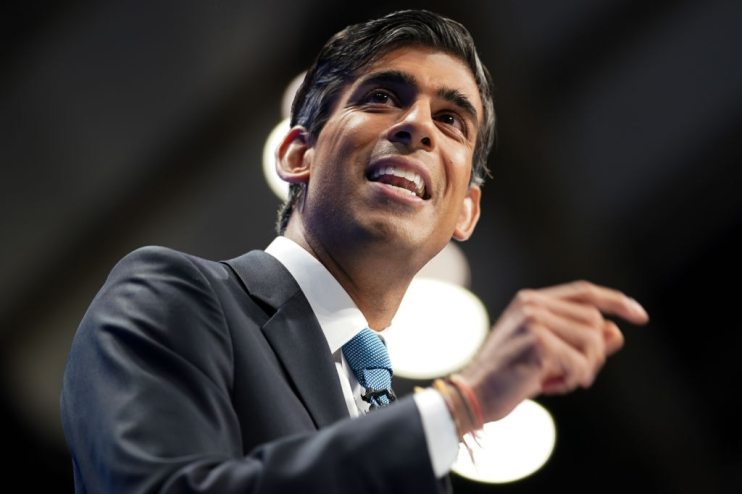Treasury says UK’s ‘net-zero strategy’ will mean future tax rises to cover £37bn Budget blackhole

The government’s newly released plan to get the UK to net-zero carbon emissions by 2050 would blow a £37bn blackhole in the Budget that would need to be filled by tax rises, according to the Treasury.
Treasury analysis of the Net-Zero Strategy said the plans would mean “the loss of significant amounts of tax revenue as the economy shifts away from the use of fossil fuels”, and Fuel Duty and Vehicle Excise Duty are no longer applicable, however no explicit plans are put forward to fill the gap left by these two taxes.
The department says the cost of net-zero will place “a significant and permanent fiscal pressure, which may not be offset by the temporary revenues that could be generated by making polluters pay more through expanded carbon pricing”.
Boris Johnson unveiled the government’s long-awaited climate change plan today, which includes billions of pounds of spending announcements and a series of future bans on fossil fuel-powered technology.
The document pledges that the UK will be powered entirely by clean electricity by 2035, subject to security of supply, while also outlining plans for a wave of investment into wind power.
Analysis from the Treasury suggests the plans will blow a hole in the UK’s tax take and will require around £670bn of combined private and public investment between 2026 and 2037.
“The largest impacts of the transition on the public finances will stem from permanent changes to behaviour that feed through to the tax system,” the Treasury said.
“Primary among these is the loss of significant amounts of tax revenue as the economy shifts away from the use of fossil fuels. This principally concerns revenues from Fuel Duty and Vehicle Excise Duty, amounting to £37bn in 2019-20 – equivalent to 1.7 per cent of GDP.
“The government may need to consider changes to existing taxes and new sources of revenue throughout the transition in order to deliver net zero sustainably, and consistently with the government’s fiscal principles.”
Isaac Delestre, research economist at the Institute for Fiscal Studies (IFS), said: “If the government is successful in steering the UK towards net zero, [fuel duty and vehicle excise duty] revenues will decline substantially, placing direct pressure on the public finances.
“One potentially attractive option would be to replace fuel duties with a tax that reflects the social costs of driving. For example, road pricing could be targeted at congestion, which will remain even after decarbonisation.”
Julian Jessop, economics fellow at the free market Institute for Economic Affairs think tank, said that lost tax revenues from fossil fuels “will be significant, but this should not be a key consideration in setting climate change policy”.
“Households and businesses will also spend their savings from reduced consumption of fossil fuels on other goods and services, thus increasing the revenue from other taxes,” he said.
“The main challenge here is that the demand for other goods and services may be more sensitive to the level of taxation, whereas people have less choice when it comes to spending on fuel. Nonetheless, it should not be beyond the ability of the Treasury to find other ways to raise the money.”
The 368-page Net-Zero Strategy includes an extra £350m funding to “support the electrification of UK vehicles and their supply chains” and £620m to help build electric vehicle charging points.
The government also announced a three-year £450m Boiler Upgrade Scheme, which will see households able to apply for grants worth £5,000 to change their boilers to more environmental friendly heat pumps.
There will also be a ban on the sale of new household gas boilers, which make up 20 per cent of the UK’s Co2 emissions, from 2035. It comes as a part of £3.9bn of funding to decarbonise buildings.
There are also a raft of spending promises on nuclear power, wind energy and a series of emerging green technologies like green hydrogen.